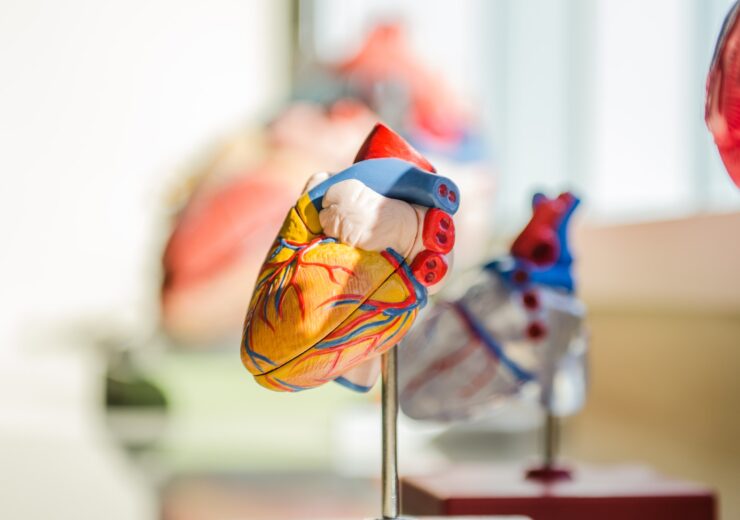The US FDA-approved study started with the treatment of two patients at New York-based Mount Sinai Health System and St. Francis Hospital and Heart Centre

Magenta Medical begins its early feasibility study of Elevate pLVAD in New York-based cardiology centres. (Credit: jesse orrico on Unsplash)
Blood pump developer Magenta Medical has started its early feasibility study with the Elevate percutaneous left ventricular assist device (pLVAD) for the high-risk percutaneous coronary intervention (HR-PCI) indication.
The US Food and Drug Administration (FDA)-approved study started with the treatment of two patients at Mount Sinai Health System and St. Francis Hospital and Heart Centre.
Magenta Medical’s proprietary technology is said to miniaturise a blood pump to fit an 8 Fr delivery system, which has the smallest crimping profile of any such device. The technology had obtained FDA breakthrough device designation.
The percutaneous Elevate heart pump is introduced over a guidewire via commercially available 10 Fr introducer sheaths that need a small puncture in the groin.
According to the blood pump developer, the device is the most powerful pump of its kind since it can vary its flow up to 5 L/min of mean flow depending on the patient’s clinical circumstances.
The Elevate early feasibility study was given FDA approval to assess the safety and viability of the Elevate system in giving temporary mechanical circulatory support during HR-PCI procedures.
Additionally, the study’s approval represents the first step in securing approval for the device in the US for this indication.
Magenta Medical CEO David Israeli said: “Magenta is proud to partner with top cardiology centres in the United States to further the validation of its technology and provide cardiologists with a powerful tool to support their high-risk patients during complex procedures.
“We are looking forward to a speedy recruitment process and favourable study outcomes that would allow us to take the next step in the clinical program towards ultimate market approval.”
The first patient, recruited by Samin Sharma, went through a high-risk operation for severe three-vessel disease, and the Elevate system provided haemodynamic support throughout the procedure.
The second patient, enrolled by Richard Shlofmitz, also went through a complex, meticulous PCI involving multiple vessels. This resulted in a complete revascularisation of the coronary tree.
Magenta Medical said that weaning from the Elevate system was successfully carried out in the catheterisation laboratory with continuous haemodynamic support.
